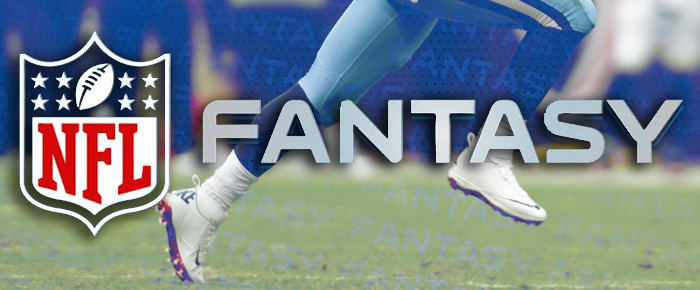
By Flint Wheeler
Risking money, whatever the amount, on the outcome of NFL games constitutes gambling. Risking money, whatever the amount, on the outcome of the performance of specific players in NFL games does not constitute gambling.
Playing fantasy football for money isn’t gambling because Congress has decided that “an outcome that reflects the relative knowledge of the participants, or their skill at physical reaction or physical manipulation [but not chance], and, in the case of a fantasy or simulation sports game, has an outcome that is determined predominantly by accumulated statistical results of sporting events” isn’t gambling.
Obviously, the same kind of skill needed to predict the winners of NFL games applies when projecting the performances of individual players. In many ways, a fantasy football team resembles a convoluted parlay card, where the non-gambling gambler tries to compile a roster of players who will “win” more yards and points than the team put together by an opposing non-gambling gambler.
The hair-splitting and nonsensical distinction from Congress has made gambling on fantasy football as legal as gambling on stocks, which has spawned an industry that includes some very high-stakes fantasy leagues, some of which undoubtedly include NFL players. But while it’s only a matter of time before word emerges of the involvement of NFL players in six-figure fantasy leagues, another potential complication could emerge when it comes to the non-gambling gambling of large amounts of money on fantasy football.
Peter King of TheMMQB.com explains that, during his training-camp tour, he has caught wind of “undue pressure some players and coaches feel from big-money fantasy-football players.” Writes King, “I had one coach tell me there’s so much money in some of these fantasy-football playoff pools that people who used to gamble with bookies illegally are now gambling in high-stakes fantasy-football leagues, which is not illegal.” King adds that the “NFL has its antennae up over this, and it’ll be interesting to see if the pressure escalates to more serious threats on players or coaches.”
Interesting and incredibly alarming. Although physical threats against those responsible for poor player performances are possible, it seems more likely that those who would consider breaking the law to express displeasure in losing large amounts of money would be far more inclined to break the law in order to win large amounts of money.
In what would be a bizarre twist on point shaving, coaches and players could in theory be bribed to ensure that certain players will generate significant production, or that certain players will be shut down. Getting to coaches and assistant coaches who control the offensive game plan would be the most efficient approach. It also would help to grease defenders who would be inclined to slip on an invisible banana peel, springing a specific player for a touchdown or two. Or four.
The league, which generates significant profit and attention both directly and indirectly from fantasy football, should be concerned about the potential for corruption. Even if playing fantasy football for significant amounts of money isn’t illegal, at a certain point the money in the balance will open the door for all sorts of illegal activity.












































